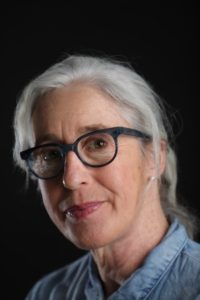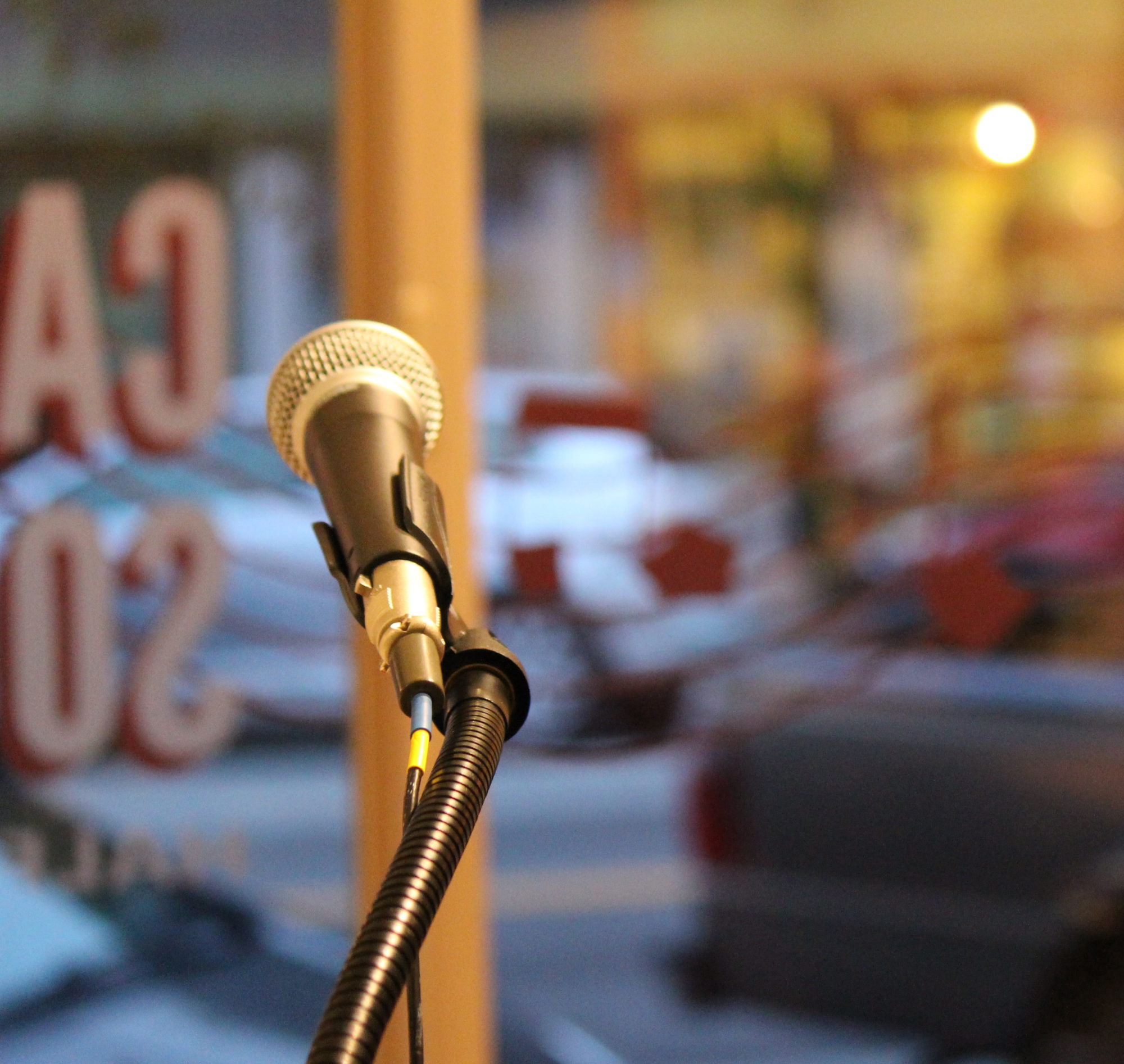Julie Bruck

JULIE BRUCK is from Montreal and has lived in San Francisco for 20 years. Her fourth collection, How to Avoid Huge Ships (Brick Books) will be published in 2018. Recent work has appeared or is forthcoming in Plume, The New Yorker, The Puritan, New Quarterly, and The Academy of American Poets’ Poem-A-Day. Her latest book, Monkey Ranch (Brick Books), received the 2012 Governor General’s Literary Award for poetry. She teaches classes for The Writing Salon, and works part-time at USF.
Her primitive, and soon to be revamped website is at: www.juliebruck.com
LAST BABY GIRLS OF THE 1920s
Patsy, Dominica, Lois, Henny, Pearl.
One by one, then seemingly at once,
our mother’s dear friends have tossed
away their canes and medical apparatus,
and shuffled off without us. Girls
of the ’20s and ’30s, era of the well-turned
ankle. Then The Crash, The War. The Rest.
Among them, the boss’s daughter, British
war brides, single mother of three,
a cellist, a secretary, one who buried
two husbands and moved in with a third,
another who always wrapped her neck
in bright scarves as if maimed, though
she wasn’t. Their circumstances
privileged or pinched, they ran shops
or houses, or worked for people who ran
shops or houses. Remembering them,
I’m ambushed by the scent of cut peonies,
by cups and saucers on a tray. Biscuits.
By their slow, deliberate kindnesses,
and this wild longing for one more floral
notecard in careful cursive, which
always began, Julie Darling, or David Dear,
and made us want to be worthy.
from How To Avoid Huge Ships (Brick Books, forthcoming Fall 2018)
A Marriage
His paintings were small, suggestions
of houses, pinpricks of green for trees.
She’d set her glass down, say, Paint
like you’re blind, from memory and passion—
two words he especially didn’t care for.
She’d say, Paint like you’re on fire.
But their house was already burning,
and he was going blind and deaf.
So he’d carry the painting back down
to the basement, resume with
his thinnest sable brush. He would
never touch her the way she wanted,
though she kept asking him to,
like this, in front of everybody.
Sex Next Door
It’s rare, slow as a creaking of oars,
and she is so frail and short of breath
on the street, the stairs—tiny, Lilliputian,
one wonders how they do it.
So, wakened by the shiftings of their bed nudging
our shared wall as a boat rubs its pilings,
I want it to continue, before her awful
hollow coughing fit begins. And when
they have to stop (always), until it passes, let
us praise that resumed rhythm, no more than a twitch
really, of our common floorboards. And how
he’s waited for her before pushing off
in their rusted vessel, bailing when they have to,
but moving out anyway, across the black water.
from The End of Travel (Brick Books, 1999)
